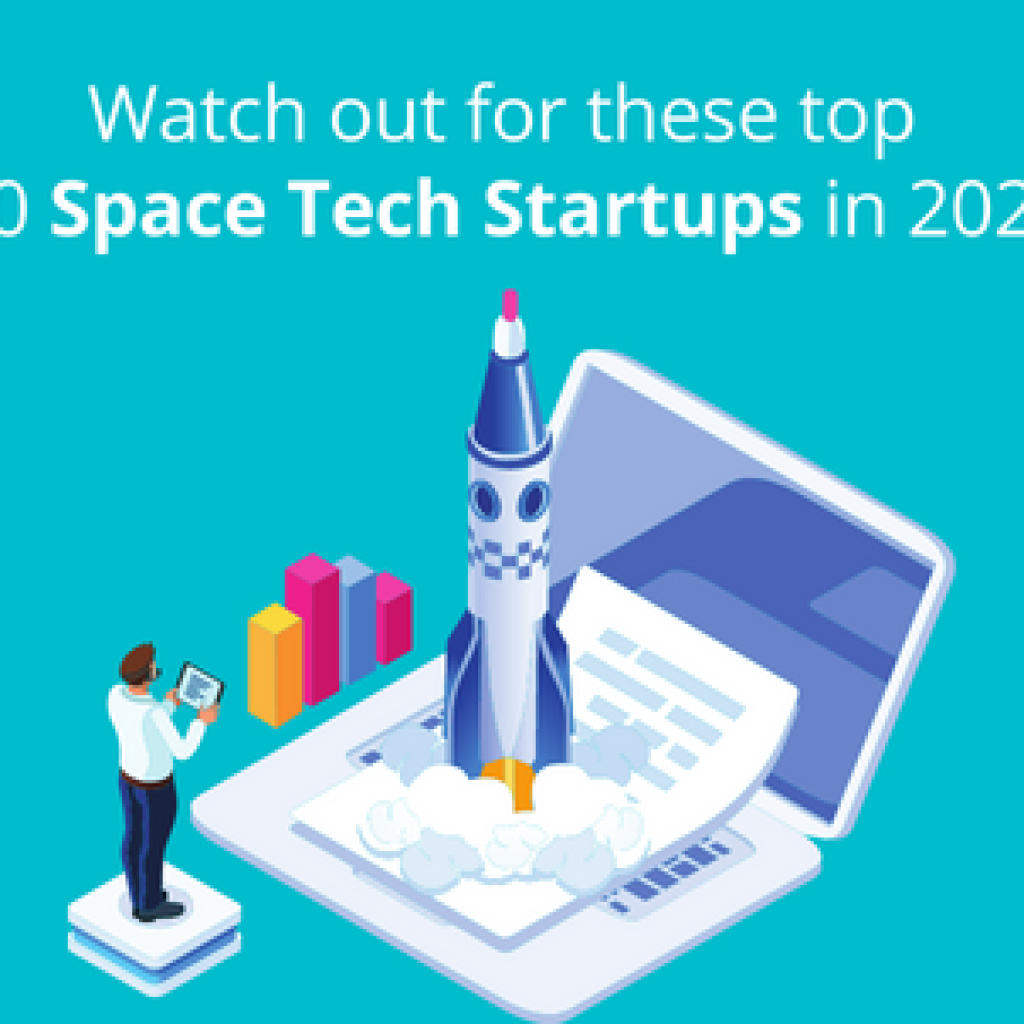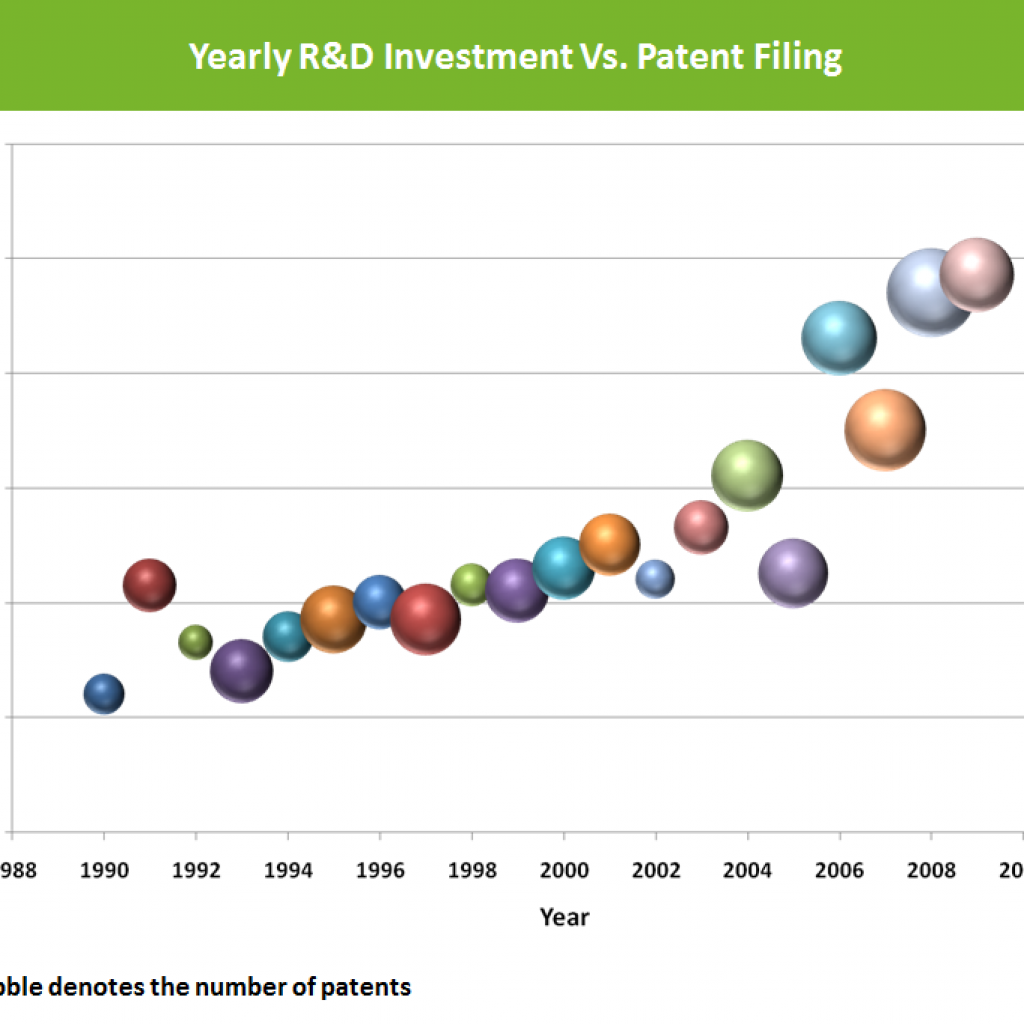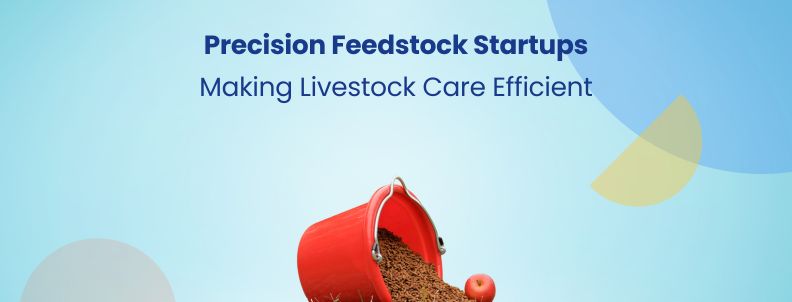If Elon Musk, the then head of X.com, hadn’t had the foresight and the optimism in his competitor a few blocks away, we would not have known the present day Paypal as we do now. He had the vision to optimize banking transactions, and simultaneously he knew if they were to survive the dotcom bubble crash, a merger was the only viable option.
The thing is, if Elon had the foresight to see the impending doom and avert it by making a truce, why can’t the present day companies do the same?
I am not saying make a deal with the devil. We don’t have to go that far, but what one can do is look for other options. Almost every day, we see some company, a giant, specializing in its own domain, stuck in a pickle: be it research, product optimization or any other area, which might be hindering the company, and its products to reach their full potential.
In many situations companies struggle to research problem for which solution can be easily found just around the corner.
How to decide if you are in such a situation?
A clear deciding point is if the problem lies in your core competency area, you should be researching on it, and if lies in the non-core area then a solution can be adopted from the companies that are having such a technology as their core competency.
Here’s an example of innovation adoption:
In case of tobacco domain companies, we identified that they have spent good amount of research effort on resolving the issue of power management in e-cigarette. The image represents the amount of innovation from some of the top players (company names not shared to maintain anonymity).

The numbers above represent the number of patents filed by them. Not much stress needs to be laid on the interest of these companies to solve the challenge of power management. All they want is to increase the life of e-cigarette after being charged which is a big problem for them as it is inconvenient for the customers to charge it again and again.
I think that you clearly deduced by now that power management or increasing the battery life of the device is a new ground for big cigarette brands. Therefore, seeking solution from different industries for their problem can turn out to be a good strategy.
In this particular case, solving such a challenge is a core competency of battery manufacturing companies or companies that have already solved this problem in other consumer electronics devices. I believe by sharing this I have not revealed a sorcerer’s spell ?.
But then this question hits the mind- Why exploring solutions from within the other industries is less prevalent?
The reason being not lack of awareness but the untidy path one needs to tread on to locate favourable solutions in an unrelated domain. We both can agree on this – it is not easy to locate solutions in unrelated industries. Finding one that is a direct solution to the problem in hand and then porting it to make it work in your environment is harder.
But there is nothing to fret about. As of present, this process is not as difficult as it used to be earlier. We have worked with many companies to solve such type of technology scouting puzzles, and have helped them in discovering solutions from different industries.
In the example of e-cigarette manufacturers, we helped a company to explore and evaluate technologies and solutions developed by some battery manufacturers and some handheld device manufacturers that can be adopted by them.
It not only helped the cigarette manufacturer to quickly shift their focus to designing a better e-cigarette, but also helped in changing their research strategy, and shift their research efforts to other research areas.
In another case, when we were working with a car manufacturer helping their R&D team find a solution to a problem, the desired solution was identified in the aviation industry and the portability of that solution in the environment of car manufacturer was not a big challenge. Doing so helped the car maker to quickly shift the focus to implementation side rather spending time to research a solution from scratch.
Since such type of situations is becoming more frequent with the increasing amount of research and tons of solutions being developed across the globe in a variety of industries, we thought of bringing some smartness here. We implemented researchers’ thought process in a tool – NorthStar, supporting it with AI and machine learning algorithms to aid industry people with the wealth of information that can be consumed without much sweat.
Want to try your hands on it?
You can let us know in that case.
No related posts found






